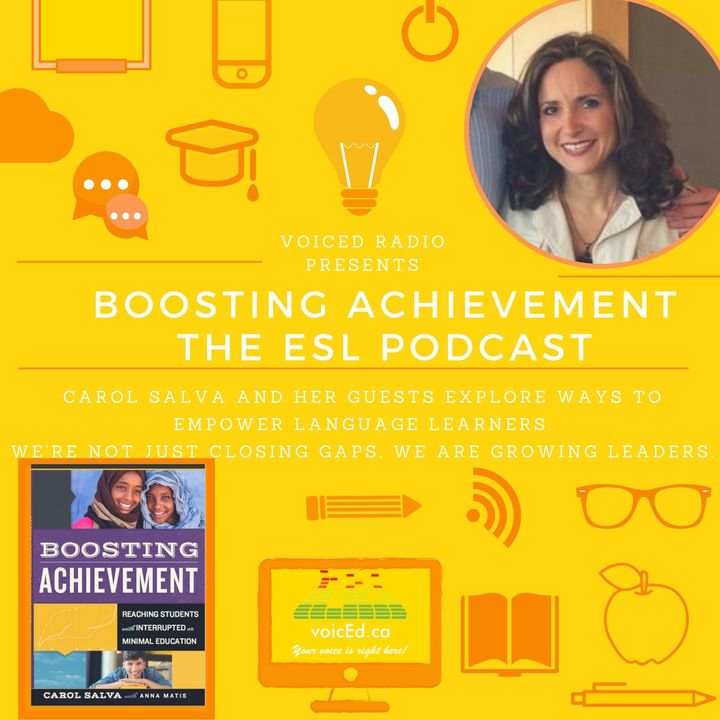There is very strong evidence that numerous interventions are effective in improving the mental health of child and adult refugees. Specifically, cognitive behavioral therapy (CBT), trauma-focused interventions (TF), and psycho-education (PE) have been shown to improve symptoms related to anxiety, depression, post-traumatic stress disorder, and/or general distress in refugee populations. Furthermore, cultural adaptations of these interventions yield additional effectiveness over and above their non-adapted counterparts. School-based and group programs for refugee children and high-support living environments for unaccompanied minors have been shown to improve children’s mental health. A number of additional interventions for refugee adults and children have inconclusive effects or moderate support. Finally, digital technologies including telehealth, online interventions, and video games show promising results for increasing access to care as well as improving outcomes.




